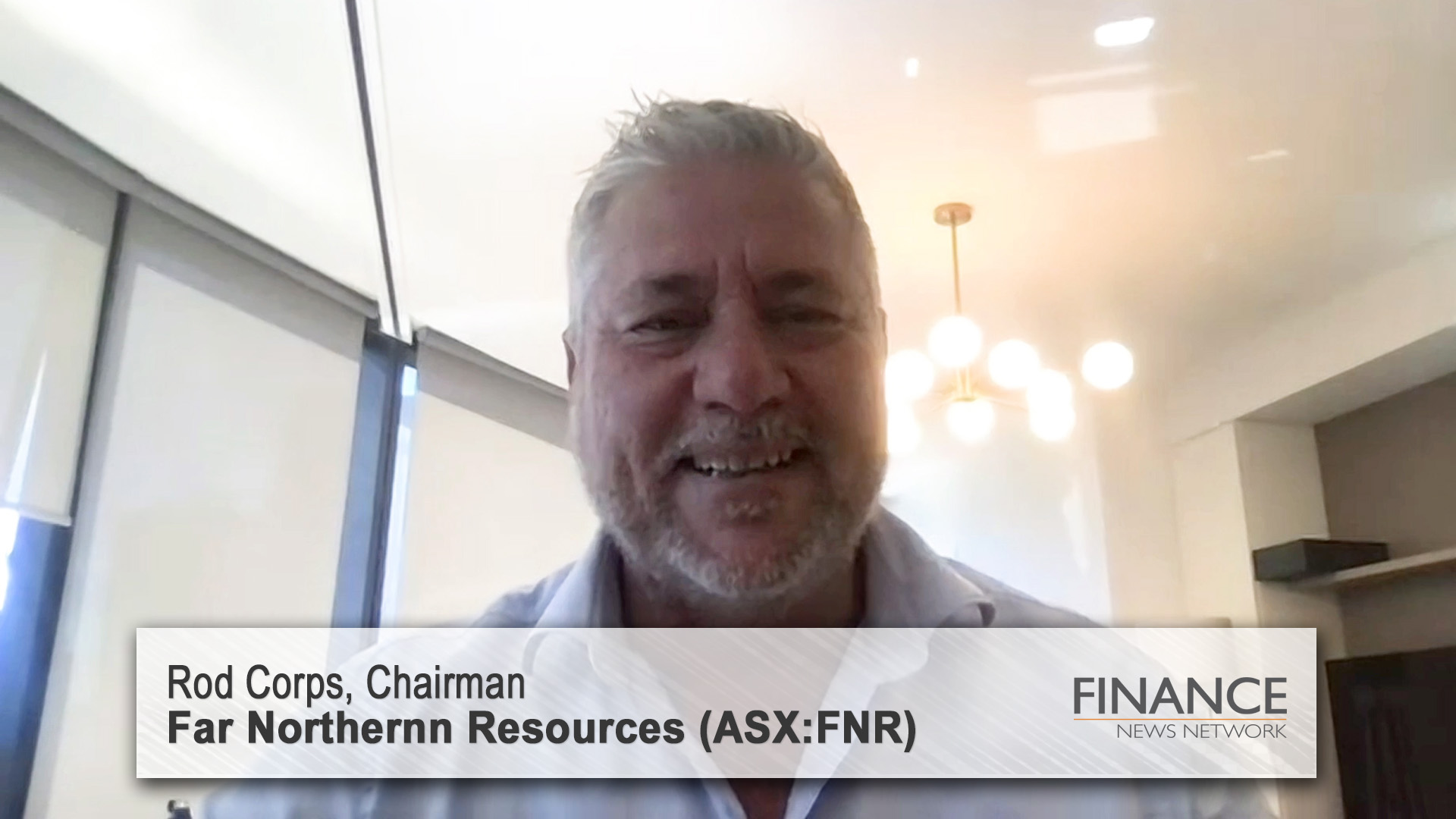The crisis involving Greece’s continued membership of the eurozone deepened at the weekend.
Greece has ordered its banks and the stockmarket to remain closed today, and placed restrictions on the withdrawal and transfer of money, as the national government tries to stop its financial crisis from deepening.
The move to close banks temporarily and impose capital controls came hours after the European Central Bank said it would not expand its emergency loan program that has been propping up Greek banks in recent weeks while the government was trying to reach a new debt deal with international creditors.
The controls however don’t alter thew fact that Athens will be in default on a loan from the IMF if it doesn’t repay 1.6 billion euros by Tuesday night.
The move will frighten markets today and tomorrow, especially in Europe.
Announcing the capital controls in a TV broadcast, Prime Minister, Alexis Tsipras, assured Greeks their bank deposits were safe.
Government officials said the shut down of the banks would last for several days and would be accompanied by limits yet to be announced on bank transfers abroad and withdrawals from cash machines.
The cashing of cheques would be halted and fixed term deposits would be locked down. The Athens stock exchange was also set to be closed.
The controls echo those imposed by Cyprus several years ago during its banking crisis. The moves follow reports on Saturday and Sunday of bank branches running out of cash in their ATMs.
Reuters reported that on Saturday up to a third of the country’s 5,500 ATMs ran dry such was the run on them.
The money has been made available by banks drawing down the billions of euros of Emergency Liquidity Assistance given to the banks by the ECB. That aid was turned off by the ECB on Sunday.
The European Central Bank has been pumping billions of euros a day into the Greek banks as ordinary Greeks withdrew cash, fearful of a crisis and banks being closed.
The Greeks surprised by calling a referendum for next Sunday – seemingly an attempt to avoid the IMF deadline of Tuesday for the repayment of 1.6 billion euros of loans.
That ploy was rejected on Saturday and the world is now waiting for the Greeks to respond. Which they did overnight.
In any event, from comments at the weekend, the rest of the eurozone and the EU (and no doubt countries such as the US and UK) are preparing for a Greek default, collapse and exit from the euro.
This will all make markets very twitchy – especially fixed interest and currencies which came alive on Friday as worries got the better of many investors who moved into safer investments – but not the US bond market which saw a very sharp jump in yields.
Eurozone shares (up 4.4%) held on to their gains from earlier in the week, but tonight will be a very different question, and Japanese shares (up 2.6%) rose to their highest since 1996.
But US shares slipped 0.4% and Australian shares were down 0.9% after two weeks of gains after an especially savage sell-off on Friday.
Chinese shares also saw continued volatility with another 6.4% decline.
The share futures market had our market looking at a small gain this morning of 10 points – but that was before the Chinese rate cut, and more importantly the worsening in the situation involving Greece and its finances.
The referendum ploy will only buy a week’s grace – if at all.
If Greece misses its 1.6 billion euro payment to the iMF tomorrow night, it will be in default – technical or otherwise.
Markets will have to contend with that (if it happens) and the fact that it will make the vote next Sunday irrelevant.
So US Treasury prices fell on Friday, driving yields to their highest level since last September, gold prices edged $US2 an ounce higher (hardly an overwhelming move) and oil dipped.
US investors fretted about Greece, but also the solid flow of economic news last week, and decided that for all intents and purposes (or until this Thursday night’s June jobs report) that US rates will be rising in September.
Yields on the 10-year Treasury rose 8.7 basis point to 2.48% at the close early Saturday, our time, the highest they have been since September 30.
Over the week, 10 year bond yields jumped 21.1 points, and they are up more than half a per cent. 955 points actually) since the end of March.
The two-year yield increased 8.9 basis points to 0.712% and the yield on the 30-year Treasury rose 8.3 basis points to 3.239%.
The US dollar rose noticeably on Friday on the renewed concerns about Greece (but that didn’t see a flood of worried money into US bonds or shares).
As a result the Aussie dollar slipped below 77 US cents as a result of the greenback’s strength on Friday night to end at 76.55. At the moment its 11% down where it was at the end of June 2014, as is the trade weighted index.
And commodity prices were mixed to lower.
In New York, oil futures fell for a third session in a row on Friday, as investors looked beyond Greece, China and the US economy and started fretting about a potential deal with Iran which could add a million barrels a day eventually to the current global glut of crude supplies.
August crude fell 7 cents, or 0.1%, to settle at $US59.63 a barrel on the New York Mercantile Exchange. The August contract fell 0.6% over the week to Friday.
In London, August Brent crude added 6 cents, or 0.1%, to $US63.26 a barrel, up 0.3% for the week.
Data from Baker Hughes on oil rig use failed to impact the market, but some analysts reckon the fall in oil rig use is over and has bottomed out.
The number of active oil rigs fell 3 to 628 (that’s the fourth week in a row there has been a single digital fall). The number of oil and gas rigs in use last week in the US last week rose by 2 to 859.
Comex gold futures in New York ended higher on Friday night to end a a streak of five losing sessions.
August gold rose $US1.40, or 0.1%, to settle at $US1,173.20 an ounce on Comex. Despite the rise, prices suffered their first weekly loss in three weeks, down roughly 2.4%.
Comex September silver lost 7.3 cents, or 0.5%, at $US15.768 an ounce in New York and lost 2.3% for the week.
And Comex copper rose 1.6 cents on Friday night to end at $US2.636 a pound, up 2.6% over the week.













